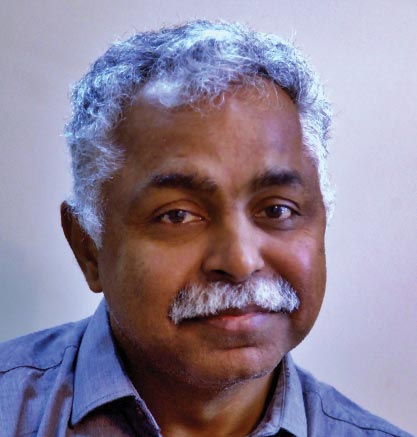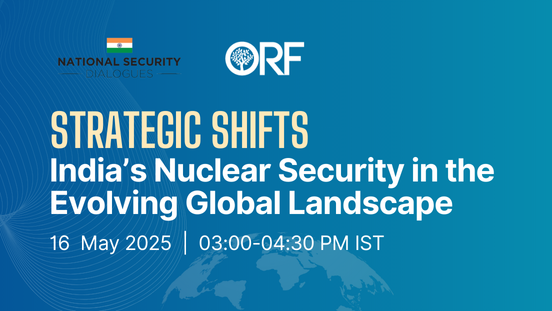-
CENTRES
Progammes & Centres
Location
LPG use in transport and industry will further strengthen its energy security without compromising on sustainability and equity ...
The paradigm that conservation is the anti-thesis to development needs to change; conservation is central to development in the Global South ...
The primary reason behind the difficulty in phasing out subsidies arises from the fact that energy subsidies are deeply rooted in the political economy of the countries ...
There exists a clear case for embracing sustainable cold medical supply chains in India that can pave the way for a climate-resilient healthcare system ...
Creating a new system to stimulate investment in enough future capacity without interfering with the ancillary market's valuation and procurement of reserve capacity would be complicated in India ...
To successfully implement Agenda 2030, a fresh perspective is required, whereby the economic and social facets of the SDGs are conceptualised as integral components ...
Will the increase in energy consumption of the poor masses for cooling and other energy services help them adapt to a warmer world or contribute to a warmer world? ...
The complex risks associated with climate change pose a threat to the global economy. Thus, it is crucial for regulators to proactively manage these risks to safeguard the stability of the financial system. ...
This year’s World Environment Day is aiming to steer individuals, corporations, and governments towards the shared vision of reducing plastic production, consumption, and waste mismanagement ...
The complex and elaborate coal network that underpins energy provision and social support in India should be complemented with CCUS for decarbonisation without major economic and social disruption ...
By 2030, RE is expected to have the largest share in power generation capacity ...
The recognition of Community Conserved Areas will enable a process-oriented approach towards achieving the targets under the Global Biodiversity Framework ...
The existing conservation policies raise the question of whether India can achieve the GBF goals on the ground ...
India has to see through its energy transition commitments while dealing with fiscal constraints and institutional challenges ...
If private investment materialises, India may move closer to its targets for nuclear power generating capacity. ...
Global North and South have different ambitions, but LiFE helps draw a common thread somewhere between the two without asking them to compromise on their aspirations ...
As of now, there are no markets for these pumped hydro storage services but, in the future, the need for such services is likely to increase to the point where the market is willing to pay for it ...
Despite the acknowledgement of the undeniable significance of climate adaptation at the highest of forums, nothing much has been done so far to ensure steady funds ...
ESG has become more than a tool to aid the governance of business but also to drive the business of business itself ...
IF-CAP can be a key financing vehicle that boosts ADB’s ability to financially support Asia’s developing economies in addressing the climate challenge ...
Women’s participation in spaces of power is the need of the hour to solve the current climate crisis ...
In India, heat waves in 2021 and 2022 increased the demand for coal-based power. This trend is likely to continue in 2023. ...
The significant gap in fiscally integrating climate change concerns within national spending needs to be addressed ...
UN Secretary General links WMO report with Earth Day 2023 slogan—‘invest in our planet’ ...
By combining the power of AI with the wisdom of native intelligence, more effective climate actions can be developed ...
.jpg)

K. M Gopakumar is a Senior Researcher and Legal Advisor at Third World Network (TWN) and based in New Delhi, India. TWN is an independent, not-for-profit organisation that carries out policy research and advocacy on issues around trade and development, ...
Read More +
